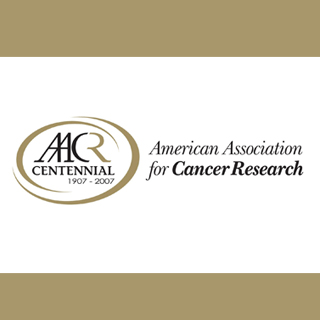
The scientists utilized a combo therapy of azacitidine and entinostat for patients who are repeatedly struck by this cancer. These persons were extensively pretreated for the condition and did not apparently show an effective response.
“We are starting to show traction for epigenetic therapy for one of the most difficult-to-treat tumors. This study appears to show the first durable successes in solid tumors with epigenetic therapy,” specified Stephen A. Baylin, M.D., professor and deputy director of the Kimmel Cancer Center at Johns Hopkins University and leader of the Stand Up To Cancer (SU2C) Epigenetics Dream Team.
The team found a possible survival rate of 6.4 months with the treatment, in a situation where patients typically survive just for 4 months. After exposure to epigenetic therapy, patients who underwent other anticancer treatments subsequently appeared to show improvement.
The subjects showed a substantial objective response to agents used in therapies thereafter. Apparently, 7 patients remained alive, inclusive of 2 who had begun the treatment almost 4 years back. Previously, this drug combination had shown promise for patients diagnosed with leukemia.
The American Association for Cancer Research will conduct a press conference on the study. The findings are published in the journal, Cancer Discovery.
